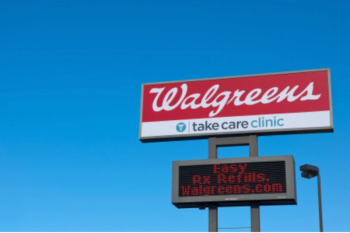
Walgreens Boots Alliance announces new mental health services including mental health first aid training, Walgreens Find Care, and more partnerships for other mental health resources.


Walgreens Boots Alliance announces new mental health services including mental health first aid training, Walgreens Find Care, and more partnerships for other mental health resources.

Patients with bulimia may use different methods to get rid of calories and prevent weight gain, such as self-inducing vomiting on a regular basis.
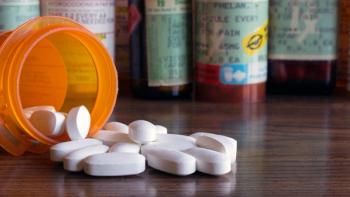
Kelan Thomas, PharmD, MS, associate professor of clinical sciences at Touro University California College of Pharmacy, discusses potential drug-drug interactions with psilocybin, MDMA, and ketamine to consider outside of interactions with psychiatric medications.
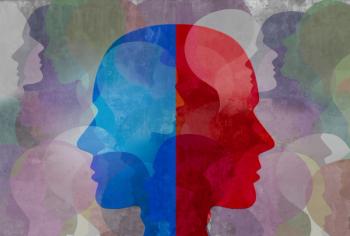
Payton Nyquvest, CEO and founder of Numinus, said he believes psychedelic medicines will lead to a significant shift in the mental health treatment landscape in the next 3 to 5 years.
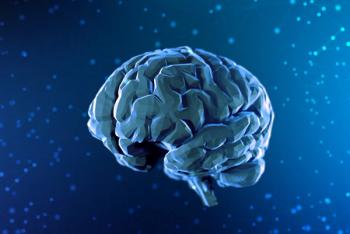
Kelan Thomas, PharmD, MS, associate professor of clinical sciences at Touro University California College of Pharmacy, discusses the situations in which serotonin syndrome may be an area of concern when treating patients on psychiatric medication with psychedelic medicine.
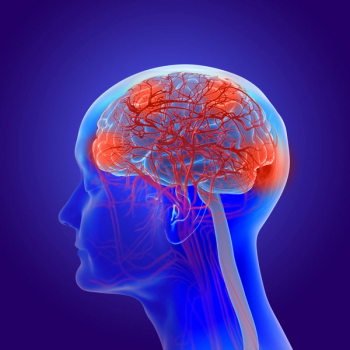
Study results shows that patients who have been diagnosed with the disease may face many challenges, which can increase anxiety or depression.

The #PizzaIsNotWorking campaign originated because free pizza or other mundane incentives do not adequately address the unrealistic expectations in pharmacies, which lead to an emphasis on metrics rather than patient safety.
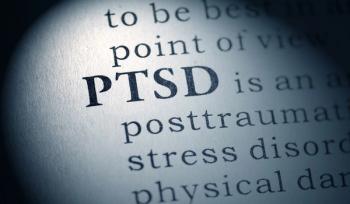
Ismail Lourido Ali, the director and counsel of policy and advocacy at the Multidisciplinary Association for Psychedelic Studies (MAPS), discusses what MAPS is, and how MAPS is engaged with the field of psychedelic medicine and its use in health care.

Misconceptions about the diagnosis of attention-deficit hyperactivity disorder reduce the credibility of health care providers and delay or prevent treatment for patients suffering from this condition.
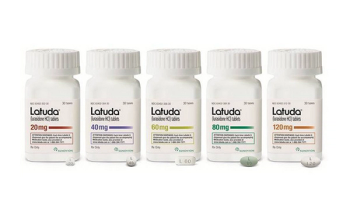
The efficacy of Latuda in schizophrenia and bipolar depression could be mediated through a combination of central dopamine D2 and serotonin type 2 receptor antagonism.

Stacy Miller, senior content management consultant for Wolters Kluwer Health, discusses how mental health in the United States could be improved by stronger connections between prescribers and pharmacists.

Kelsey Ramsden, CEO of Mind Cure Health, said research into the use of MDMA-assisted therapy could have a huge impact on the treatment of female hypoactive sexual desire disorder.
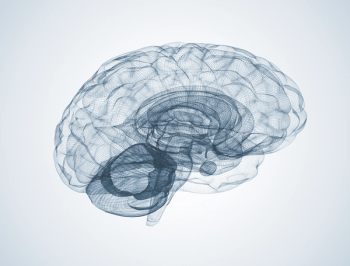
Michael Frank, CEO of Revive Therapeutics, and Derrick Welsh, COO of Psilocin Pharma, a division of Revive Therapeutics, discuss clinical research investigating novel treatment targets for psilocybin, such as treatment-resistant depression in patients with cancer.

Kelan Thomas, PharmD, MS, associate professor of clinical sciences at Touro University California College of Pharmacy, discusses key points to consider regarding co-administration of MDMA, psilocybin, and ketamine with psychiatric medications, such as SSRI or SNRI antidepressants.

Senator Scott Wiener, discusses the California Senate Bill 519 he co-authored, which is the first and most expansive psychedelic decriminalization bill to go through a state legislature.

Schizophrenia may result in some combination of hallucinations, delusions, and extremely disordered thinking and behavior.
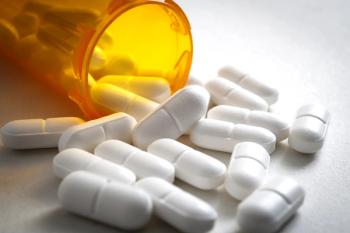
Kelan Thomas, PharmD, MS, associate professor of clinical sciences at Touro University California College of Pharmacy, discusses potential adverse effects and drug-drug interactions with psilocybin, MDMA, and ketamine treatment.
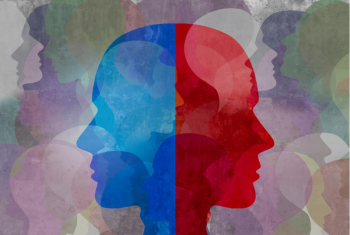
There are several types of bipolar disorders, including mania or hypomania and depression.

Hans Eriksson, MD, PhD, the chief clinical development officer at HMNC Brain Health, on the development of personalized treatments for neuropsychiatric disorders using precision-medicine.
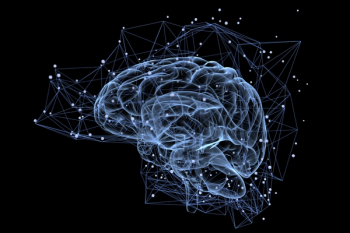
Shawn Singh, CEO of VistaGen, discusses how to improve and more effectively treat mental health disorders for returning veterans, who currently account for 20% of all suicides in the United States.
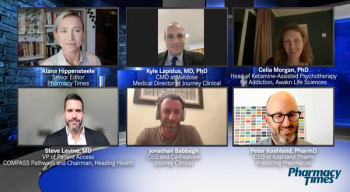
A panel of experts in the field of ketamine therapy discuss the role of the pharmacist in this field and the future of ketamine and assisted therapies based on current medical research.

September is National Recovery Month, so Pharmacy Times interviewed Rich Dion, PharmD, of Wolters Kluwer, Health, on the critical role of the hospital pharmacist in ongoing efforts to fight the opioid epidemic.
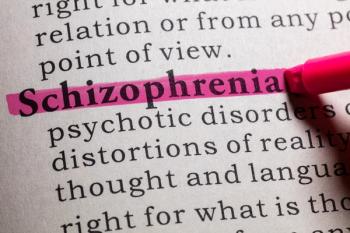
In a study, 92.5% of patients treated with the 6-month regimen of Invega and 95% of patients treated with the 3-month regimen were relapse-free at 12 months.
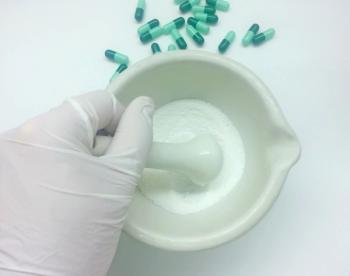
Peter Koshland, PharmD, CEO of Koshland Pharm and a practicing pharmacist, discusses whether the process may be similar in the future in terms of compounding pharmacies’ role in the administration of psychedelic drugs like psilocybin.

Peter Koshland, PharmD, CEO of Koshland Pharm and a practicing pharmacist, discusses how compounding pharmacies manage quality assurance when putting together ketamine dosages for patients.